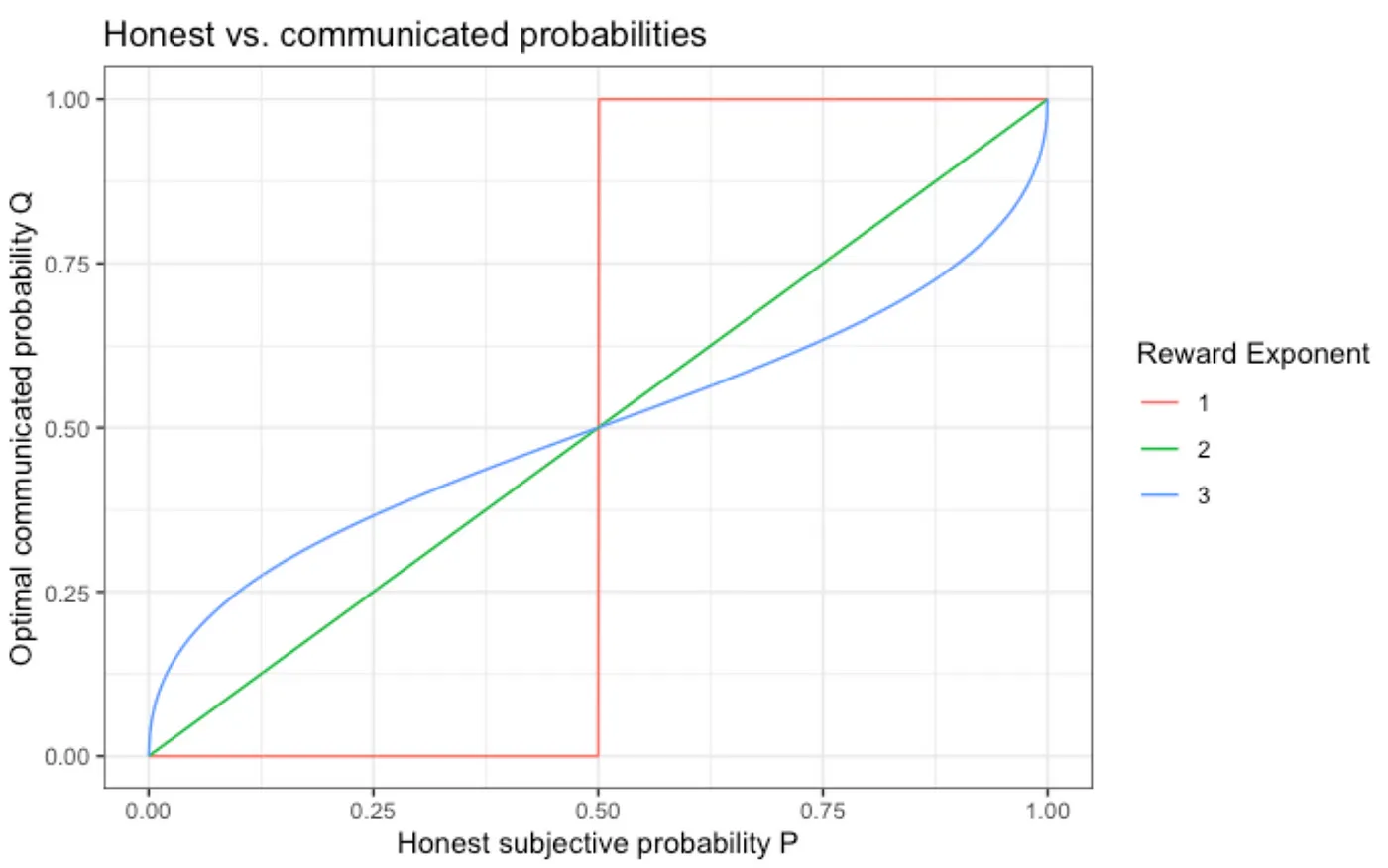Data Science
-

An overly-enthusiastic application of science and data visualization to a question we’ve all been asking
22 min read -

-

Unraveling Spatially Variable Genes: A Statistical Perspective on Spatial Transcriptomics
Data ScienceThe article was written by Guanao Yan, Ph.D. student of Statistics and Data Science at…
6 min read -

Complete Tutorial to Automate 3D Data Visualization. Use Python to convert point clouds and 3D…
19 min read -

If you’re an Anaconda user, you know that conda environments help you manage package dependencies, avoid compatibility…
13 min read -

“I train models, analyze data and create dashboards — why should I care about containers?”…
13 min read -

We all know the usual Time Intelligence function based on years, quarters, months, and days.…
18 min read -

Nowadays, data science projects do not end with the proof of concept; every project has…
6 min read -

Ethical issues aside, should you be honest when asked how certain you are about some…
16 min read